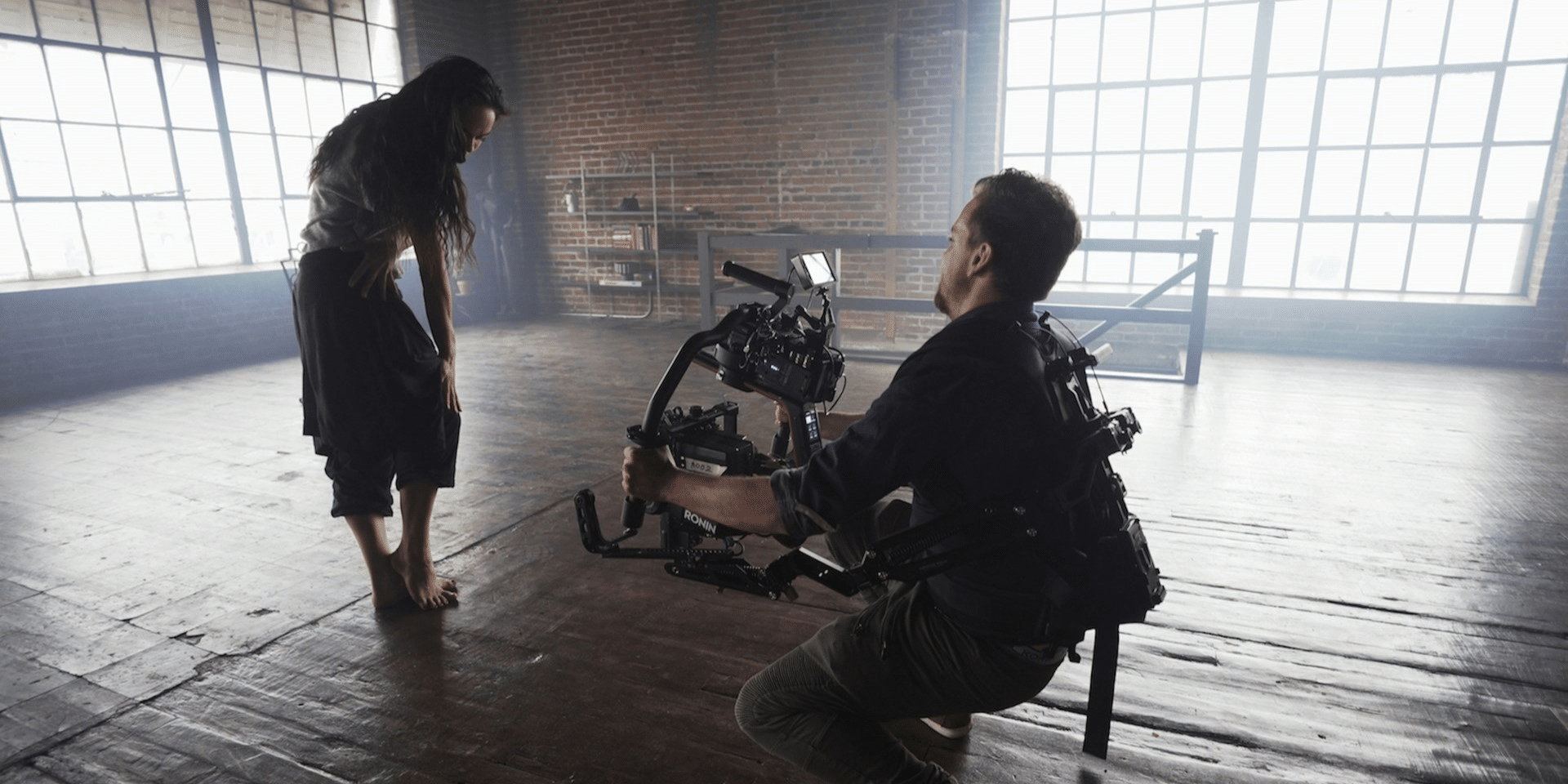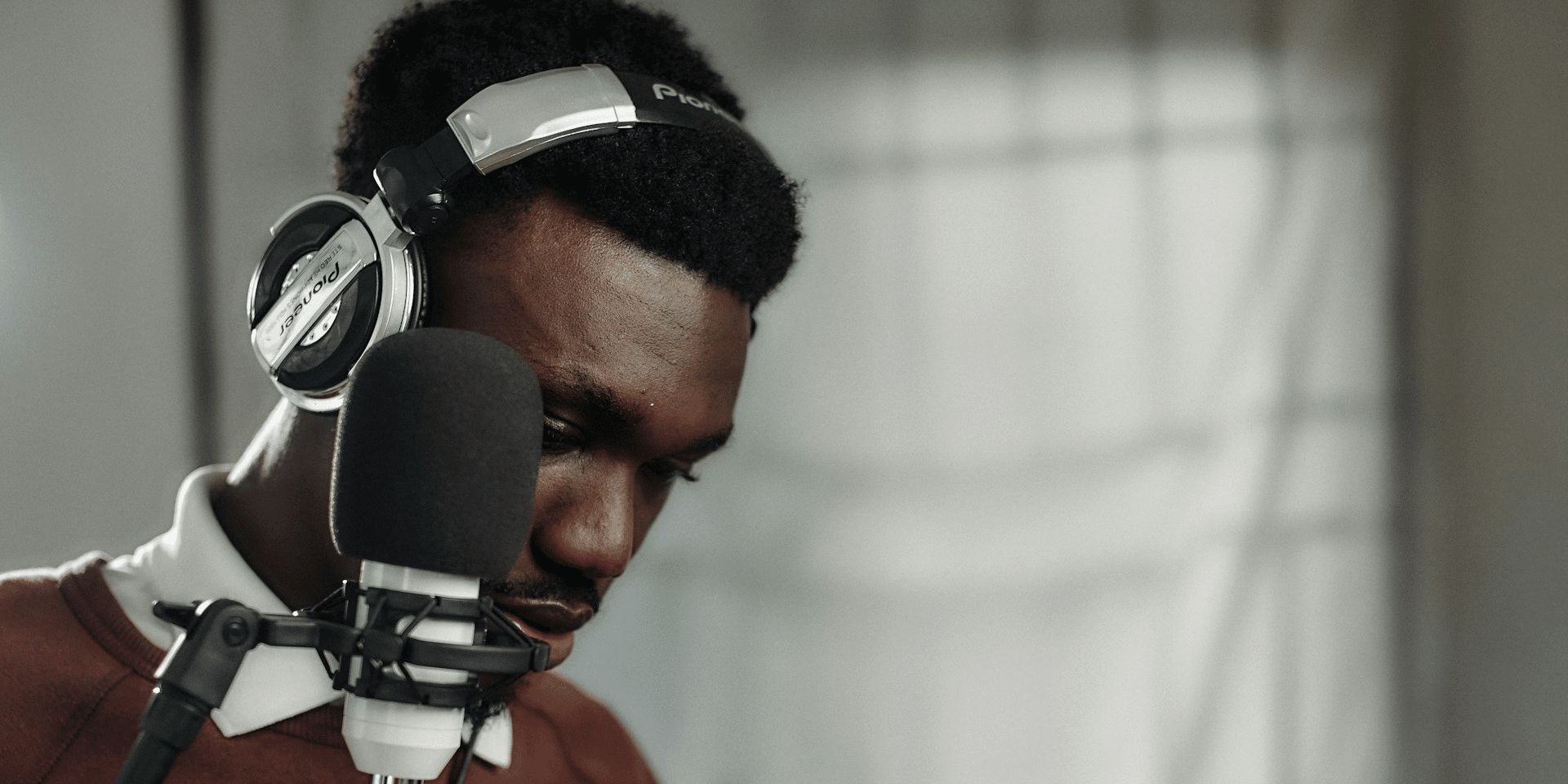The film and television industry has always been a dynamic and rapidly evolving sector, but recent technological advancements and shifting global trends have introduced new complexities to its legal landscape. As a result, media law professionals face unprecedented challenges in ensuring compliance, protecting intellectual property, and navigating contractual intricacies. This article explores these emerging challenges and the ways in which legal experts, like Leila Gordon, are adapting to the changing landscape.
Technological Advancements and Legal Implications
One of the most significant factors influencing the legal landscape in film and television is the advent of new technologies. Streaming services, digital distribution platforms, and advances in production techniques have revolutionized how content is created, distributed, and consumed. This shift has necessitated a reevaluation of traditional legal frameworks, particularly in areas like copyright law, licensing agreements, and digital rights management. Legal professionals must now consider the implications of content being accessible globally, almost instantaneously, and often on multiple platforms.
Intellectual Property Challenges in the Digital Age
The digital age has brought intellectual property (IP) issues to the forefront of media law. With the ease of content replication and distribution, safeguarding IP has become more challenging. Lawyers specializing in media law must develop strategies to protect the rights of creators and producers while navigating the complex web of digital rights. This often involves negotiating with multiple stakeholders, including distributors, streaming platforms, and international entities, to ensure that IP rights are not infringed upon.
Globalization and Cross-border Legal Considerations
As the film and television industry becomes increasingly global, legal professionals must contend with a myriad of international laws and regulations. This globalization requires an understanding of different legal systems and cultural nuances, which can significantly impact how media products are produced, distributed, and protected legally. Professionals like Leila Gordon, who have experience in diverse legal environments, are particularly well-equipped to handle these cross-border legal complexities.
Navigating Contractual Complexities
The evolving nature of film and television production has introduced new complexities in contract law. With multiple parties involved – from writers and directors to actors and distributors – crafting comprehensive contracts that cover all aspects of production, distribution, and rights management is a daunting task. Media law professionals must ensure that contracts are not only legally sound but also flexible enough to adapt to the industry’s fast-paced changes.
Privacy and Data Protection in Media Production
In an age where data is king, the handling of personal data in film and television production has become a critical legal issue. Laws governing data protection and privacy, such as the GDPR in Europe, have significant implications for how production companies collect, store, and use data. This includes data from both on-screen talent and viewers, necessitating a careful legal approach to data management and protection.
The Impact of Social Media and User-Generated Content
Social media and user-generated content have blurred the lines between creators and consumers. This phenomenon raises new legal questions around copyright, defamation, and content ownership. Media law professionals must navigate these uncharted waters, balancing the need to protect intellectual property rights with the realities of a digital world where content is constantly shared and remixed.
The Role of Media Lawyers in Shaping Industry Standards
In this rapidly changing landscape, media lawyers play a crucial role in shaping industry standards and practices. Their expertise is critical in guiding production companies, broadcasters, and distributors through legal challenges while ensuring that the industry evolves in a manner that is both legally compliant and creatively free. Professionals like Leila Gordon, with their deep understanding of both the legal and creative aspects of the industry, are instrumental in this process.
Adapting to the Future of Media Law
As the film and television industry continues to evolve, so too must the approach to media law. This requires not only a thorough understanding of current legal frameworks but also an ability to anticipate and adapt to future changes. Continuing education, networking, and staying abreast of technological and global trends are essential for legal professionals to remain effective in this dynamic field.
The film and television industry’s legal landscape is more complex than ever, presenting new challenges and opportunities for media law professionals. From technological advancements to globalization, these changes require a nuanced understanding of both the legal and creative aspects of the industry. Seasoned lawyers like Leila Gordon exemplify the adaptability and expertise needed to navigate these challenges effectively. As the industry continues to evolve, the role of media lawyers will remain pivotal in shaping its future, ensuring that it thrives in a legally sound and creatively vibrant environment.













